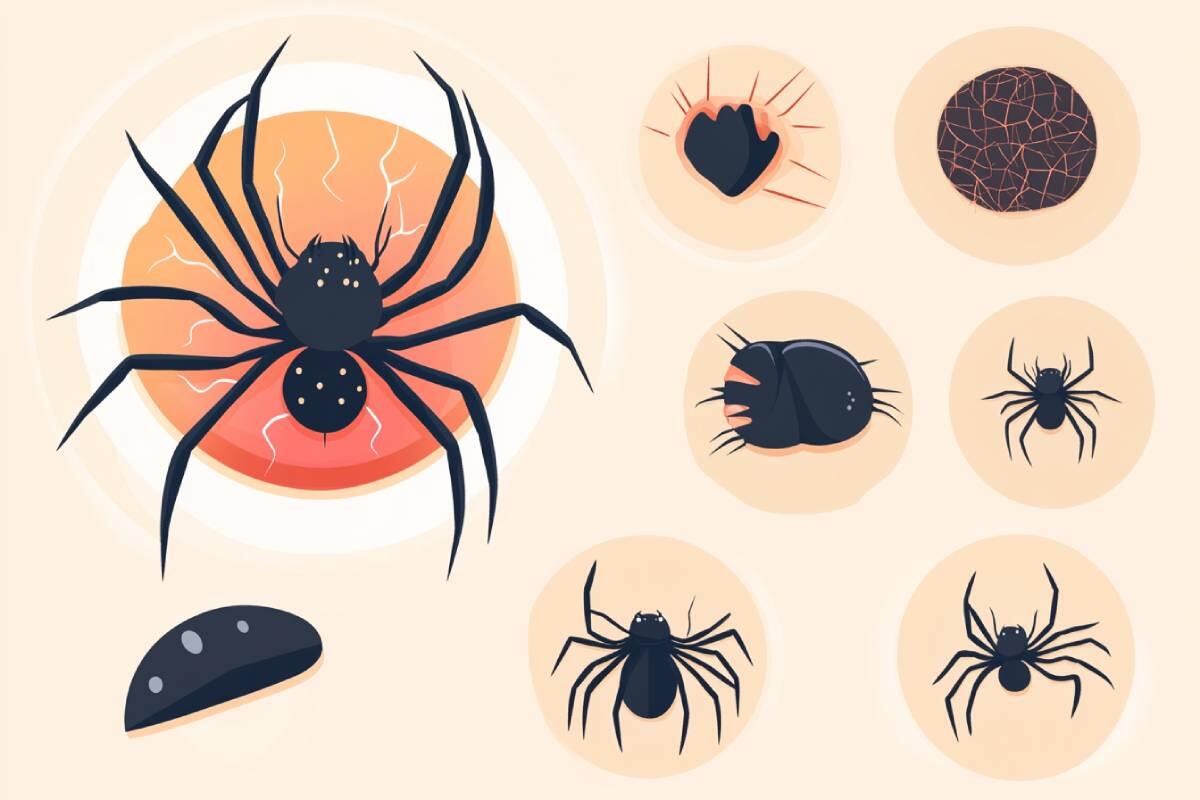Spider Bite: Common Symptoms and When to Seek Medical Help
Spider bites are often misunderstood and sometimes ignored, but they can range from minor irritations to serious medical emergencies. Knowing the signs and when to seek medical attention is crucial for effective treatment and prevention.
At Clinic Consultation, we prioritize your well-being by providing expert advice and care for managing spider bites and other related conditions. Understanding the potential risks can help you act quickly and appropriately.
Common Symptoms of Spider Bites
Mild Reactions
Most spider bites result in mild symptoms, including redness, slight swelling, and itching. These reactions usually subside within a few days and can be managed at home with basic remedies.
Severe Reactions
In rare cases, certain spiders, like the black widow or brown recluse, may cause severe symptoms. These can include intense pain, fever, nausea, muscle cramps, or even necrosis at the bite site. If such symptoms occur, immediate medical attention is essential.
The specialists at Clinic Consultation are equipped to assess and treat all types of spider bites, ensuring prompt relief and recovery.
How to Identify the Severity of a Bite
Non-Venomous Spider Bites
Bites from non-venomous spiders are characterized by small red bumps, mild itching, and minimal swelling. These bites rarely pose any long-term health risks and can often be treated at home.
Venomous Spider Bites
Venomous bites are more dangerous and can cause systemic symptoms, including difficulty breathing, sweating, and severe pain. Immediate medical intervention is critical to prevent complications.
At Clinic Consultation, our diagnostic expertise ensures that even subtle signs of venomous bites are identified and treated effectively.
Available Treatments
At-Home Care
For minor bites, wash the affected area with soap and water, apply a cold compress, and use over-the-counter antihistamines or pain relievers to manage discomfort. Avoid scratching to reduce the risk of infection.
Medical Treatment
Severe cases may require antivenom, pain management, or antibiotics to address secondary infections. Advanced care may also include wound debridement for tissue damage caused by necrosis.
By visiting Clinic Consultation, you gain access to comprehensive treatment options tailored to your condition.
When to Seek Medical Attention
You should contact a healthcare professional immediately if you experience:
- Systemic Symptoms: Such as fever, chills, nausea, or muscle cramps.
- Breathing Difficulties: This could indicate an allergic reaction or systemic venom effects.
- Persistent Pain or Skin Necrosis: These are signs of a potentially severe bite requiring urgent care.
Clinic Consultation is your trusted partner for timely and effective treatment of spider bites, ensuring your health and safety are always prioritized.
Preventing Spider Bites
Home Safety Tips
- Regularly inspect and clean areas where spiders are likely to hide, such as attics, basements, and storage spaces.
- Shake out shoes, clothes, and bedding before use, particularly in regions with high spider populations.
Outdoor Precautions
- Wear protective clothing, such as gloves and boots, when working in gardens or wooded areas.
- Avoid reaching into dark or undisturbed spaces without checking for spiders first.
Clinic Consultation also offers educational resources to help you and your family stay safe from spider bites.
Conclusion
Spider bites can range from minor inconveniences to serious health threats. Recognizing symptoms and seeking timely medical attention can make a significant difference in outcomes. At Clinic Consultation, our team is ready to provide expert care and guidance to help you recover swiftly and prevent future incidents. Book your appointment today for professional support.
